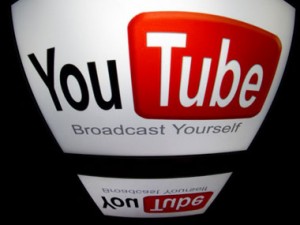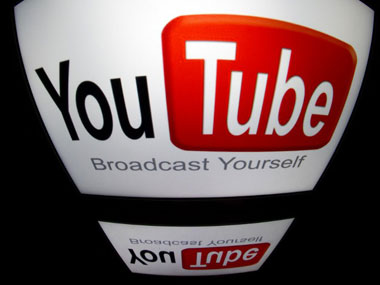
(AFP-Photo)
A rights group submitted an appeal to the Supreme Administrative Court attempting to overturn a ruling made on 9 February, which would see access to YouTube temporarily blocked in Egypt.
The Association for Freedom of Thought and Expression (AFTE) released a statement on Saturday announcing that the group has lodged an official appeal against the decision.
AFTE is one of a number of rights groups that have opposed the ban, including the Egyptian Initiative for Personal Rights (EIPR), the Arab Network for Human Rights Information (ANHRI), and Amnesty International.
The groups believe that the ban would restrict personal freedom and endanger the right to knowledge.
In its statement, AFTE said that it “explained to the court the danger in responding to the demand of the complainant as well as the subsequent violation of rights of Internet users”.
AFTE also pointed out that in order to effectively ban YouTube, the ban would have to extend to the Google search engine website. This issue was acknowledged by the Ministry of Communications and Information Technology and the National Telecommunications Regulatory Authority (NTRA) in a meeting held on Thursday.
A statement released following the meeting announced the creation of a website that will allow internet users in Egypt to submit links they believe to be offensive. These links will then be passed on to “corporate internet service providers to block”. In this way citizens will be able to choose what they can and cannot access on the internet.
The joint statement ended by calling on the court to reverse its decision.
An official spokesperson for Google, the company that owns YouTube, released a statement regarding the issue on Thursday. The spokesperson said that “while we support the greatest access to information, we have a simple process to enable legal authorities to request that we restrict access to content they believe is illegal”.
This issue began in September 2012 when a lawyer filed a lawsuit calling for the ban. The request was filed following the circulation of a trailer for a controversial film entitled Innocence of Muslims. The film sparked mass protest across the Islamic world; much of the anger was directed at the United States.
In November 2012 the prosecutor general ordered a ban on pornographic websites in Egypt. However, the Ministry of Communications and Information Technology released a statement saying that the ban was unfeasible.


